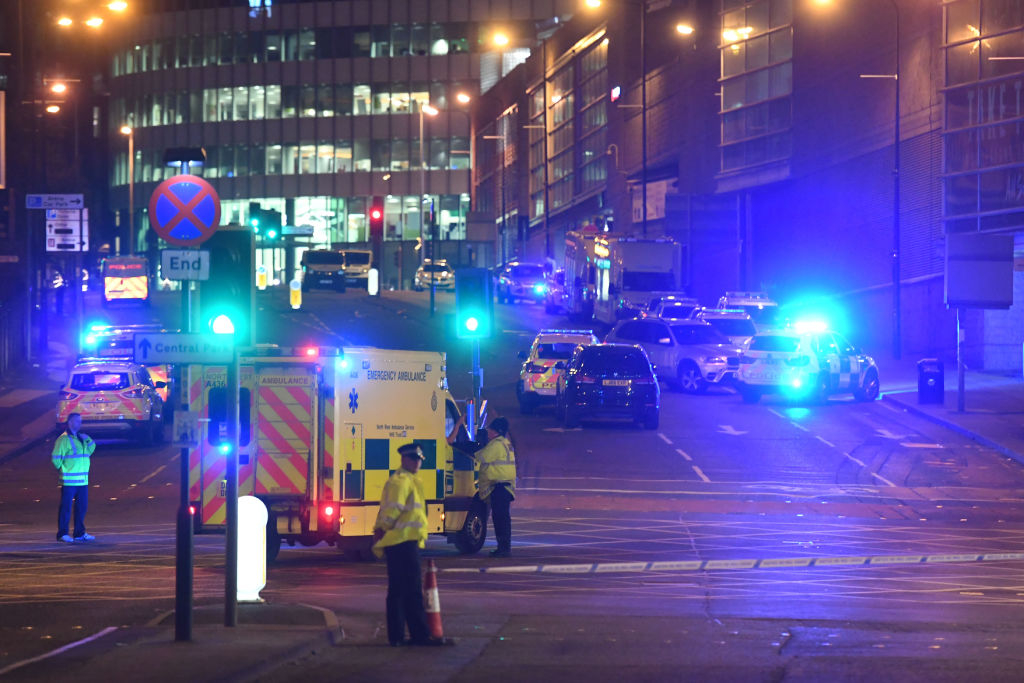by Judith Bergman • May 30, 2020 at 5:00 am
"There is currently no specially allocated government funding for victims of terror. While they can claim money.... survivors of the Manchester terror attack say that they are forced to wait years for funds to come through..." — Gabriella Swerling, The Telegraph, March 18, 2020.
It is paradoxical, to say the least, that in the era of "victimhood culture" -- in which a multitude of identity groups compete for the prize of most victimized -- where even subjectively perceived slights are registered by UK police as "non-criminal incidents" -- victims of terror, who have suffered severe physical and psychological life-disrupting injury as the result of actual manifested hatred, have to fight for their rights.
The paradox becomes especially striking when compared to the care taken by British authorities not to offend Muslim communities from where the various suicide bombers have emerged.
There appears to be little in the way of a similar level of concern for the trauma, alienation and isolation that terror victims experience after losing their hearing, their sight or the use of their limbs in terrorist attacks motivated by extreme hatred of which they were unfortunate enough to become victims.

The recent conviction of Hashem Abedi, for his role in the May 2017 bombing attack at the Manchester Arena, brought back into focus the plight of the survivors of terrorism and their relatives, as the victims of the Manchester bombing spoke to the press about feeling "abandoned" by British authorities. Pictured: Emergency response vehicles parked at the scene of the terrorist attack at Manchester Arena on May 23, 2017. (Photo by Paul Ellis/AFP via Getty Images)
In March, Hashem Abedi, the brother of Salman Abedi, who carried out the suicide bombing attack at the Manchester Arena in May 2017 was convicted for his role in the terrorist attack. Twenty-two men, women and children, aged eight to 51, were killed in the attack; 264 "were physically injured", and 670 have "reported psychological trauma as a result of these events", according to bbc.com.
The conviction brought back into focus the plight of the survivors of terrorism and their relatives, as the victims of the Manchester bombing spoke to the press about feeling "abandoned" by British authorities.
"After the bomb, the government said we would get all the help and support we need, but we've not had anything...When you're a victim of terror, you can't just be signposted to normal services. We need specialised trauma help... like soldiers and police officers," said Martin Hibbert, who was paralyzed in the Manchester Arena bombing.
|
|
No comments:
Post a Comment